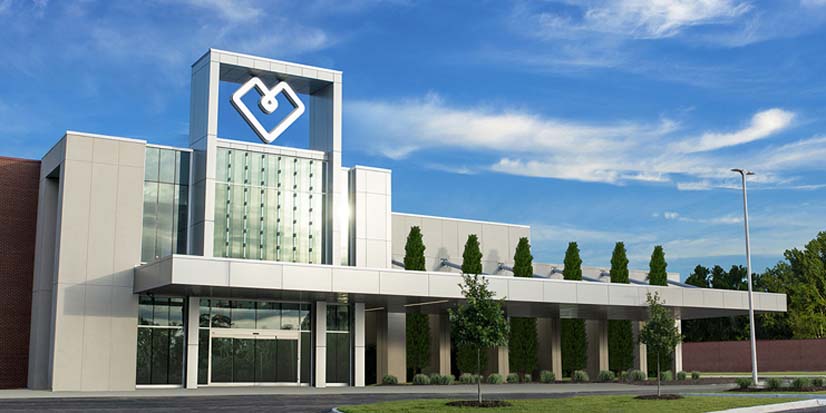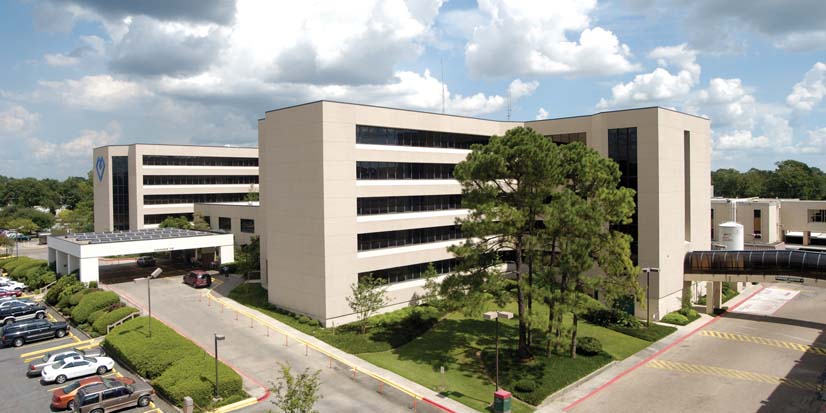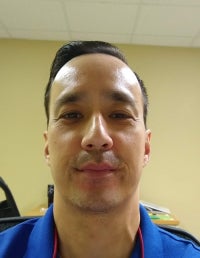Clinical Pastoral Education
Baton Rouge General is dedicated to the development and training of individuals called to provide ministry for the sick through our two Clinical Pastoral Education (CPE) programs. Our CPE programs deliver graduate-level theological and professional ministry education through a clinical setting that combines action and reflection learning skills.
CPE students learn first-hand pastoral care experience by providing spiritual support to patients, patients’ families, and hospital staff and through guided reflection on their ministry experiences with certified CPE supervisors and with the students’ peers. This method of learning expands the students' skills and knowledge while deepening their self-awareness of how their personal histories, faith perspectives and individual gifts influence their pastoral and professional function.
Baton Rouge General’s CPE programs are accredited by the following organizations:
Clinical Pastoral Education International (CPEI)
CPEI's mission is to provide quality, inclusive, and life-transforming clinical pastoral education internationally through online and hybrid modalities to develop competent pastoral clinicians and supervisory educators.
 |
Distance Education Accrediting Commission (DEAC)
CPEI is accredited by the Distance Education Accrediting Commission (DEAC), which is recognized by the U.S. Department of Education and the Council for Higher Education Accreditation (CHEA).
 |
United States Department of Education (USDOE)
Council for Higher Education Accreditation (CHEA)
International Accreditors for Continuing Education and Training (IACET)
National Association of Veteran Affairs Chaplains (NAVAC)
Programs of Study
Baton Rouge General offers two CPE programs of study:
| Extended CPE | CPE Residency |
Prospective Students
Baton Rouge General’s CPE programs are designed for the following individuals:
- Seminary students preparing for ordained ministry
- Ordained clergy needing continuing education in pastoral/spiritual care
- Lay persons wanting to advance their pastoral care skills within their faith communities
- Individuals preparing for professional hospital chaplaincy, including people from all faiths, denominations, races and cultural backgrounds.
- Clergy and lay persons wanting a ministry vocation in chaplaincy
Each CPE cohort is comprised of 4 - 6 students, providing students with a diverse and unique small group environment.
Curriculum
Our CPE program’s curriculum follows the Standards and Objectives of Clinical Pastoral Education International and incorporates pastoral formation, pastoral competence and pastoral reflection. The programs teach students to embrace the role of minister and to develop self-reflection and self-awareness, and to use peers and supervisors as resources for learning.
The program is completed in four courses with a total of 400 training hours each course:
| Supervised Clinical Ministry Practice | 300 Hours |
| Structured Group and Individual Learning | 100 Hours |
Supervised Clinical Ministry Practice
Both CPE programs place an emphasis on building ministry relationships with patients, patients’ families, hospital staff, Pastoral Care staff, peers and supervisors. Through these relationships, students experience and reflect on issues of trust, respect, differences, assertiveness, confrontation and conflict as pathways for growth in the skills needed for ministry.
Chaplain Residents and Chaplain Interns are assigned to patient care units and shadow with a CPE Supervisor-Educator. In addition to visiting patients, patients’ families, and hospital staff, students will also serve as on-call chaplain for after-hours and weekend shifts. Staff chaplains serve as resources and consultants for CPE students' learning, both formally and informally.
Structured Group and Individual Learning
Both CPE programs incorporate weekly classroom group learning for students to develop peer relationships within their cohort. Students in the CPE Residency program meet in person at the Bluebonnet campus, and students in the Extended CPE program meet in person at the Mid-City campus or remotely via Microsoft Teams. During group learning, students also discuss their pastoral visits, using the resources of theology, spirituality, behavioral sciences, and pastoral care to develop greater knowledge of the dynamics and needs present in the visit.







